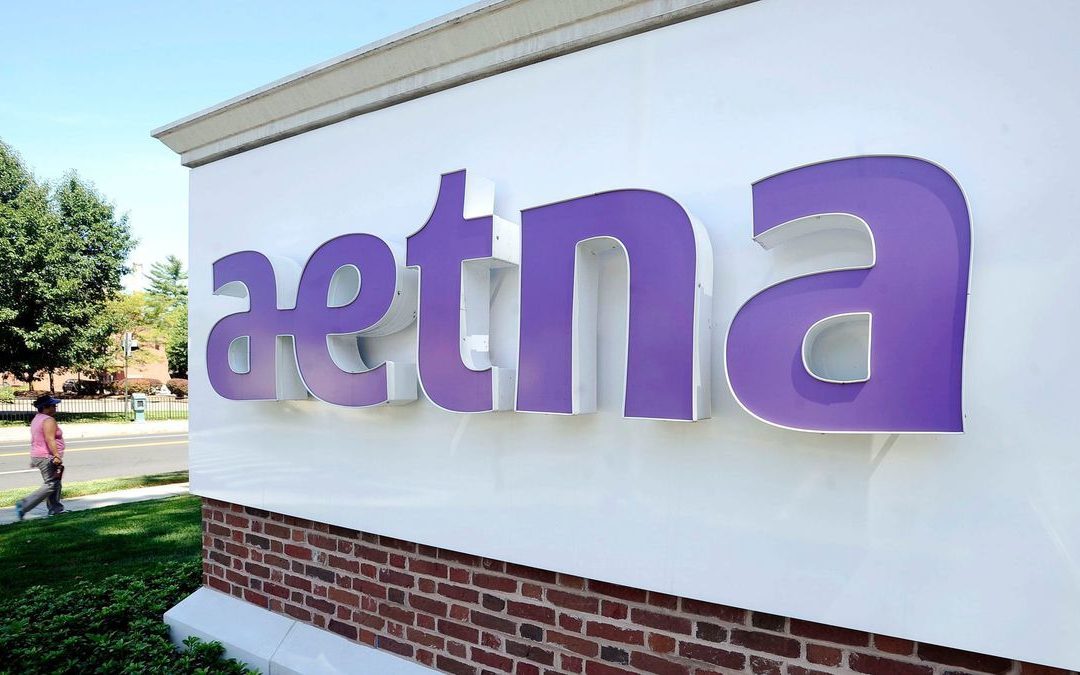Big news is that California’s insurance commissioner has launched an investigation into Aetna after one of its former medical directors admitted under oath that all the decisions about whether to approve or deny care were made by nurse case managers and he never reviewed patient records. That story will be played out in court, but I’m not sure it makes any difference who reviews the records, because the private payers make decisions based on algorithms designed to minimize the use of costly treatments. The algorithms are usually created from an “evidence review” that may or may not be generalizable to real patients.
For several years I have been warning manufacturers in the wound care space that Medicare as we know it is NOT the problem for our industry. As frustrating as Medicare can be, they have a PROCESS for determining coverage, it’s at least got a semblance of transparency and stakeholders have the opportunity to comment about policy changes. That’s not true with private payers. Private companies can do any darn thing they want to do and that are not, in fact, implementing Medicare’s policies when it comes to Medicare “Advantage” plans.
Currently, more than 19 million Medicare beneficiaries (33% of the Medicare population) are enrolled in Medicare Advantage plans which are offered as an alternative to traditional Medicare. According to Kaiser, Aetna’s share of Medicare Advantage for 2018 is 19%, second only to United Healthcare which has 24% of the Advantage market (Blue Cross is at 8%, Humana and WellCare are in 4th and 5th place).
The Medicare Advantage plans vary greatly. The biggest impact they have on me is that nearly all of the Advantage plans (not just Aetna) approve only ONE cellular product (you probably know which one) and it’s one that I don’t use because it’s too expensive under package pricing in the hospital based outpatient wound center. I simply can’t use a product that costs more than the hospital gets reimbursed when there are other equally effective options that don’t result in the hospital going into the red to provide this treatment. Traditional Medicare, at least in my region, covers many cellular and/or tissue based products (CTPs), but when the Advantage plan says, “We only pay for one thing,” and I don’t have that one thing, the patient gets NOTHING.
The US Wound Registry has enough CTP data to do comparative effectiveness studies on most of the CTPs. Real world studies like this could provide the kind of data that would satisfy most payers and possibly even the FDA. The USWR can link the data on many thousands of Medicare patients to the Medicare data warehouse to understand the response to various treatments (not just CTPs) in terms of total Medicare spend. The wounds that fall into a specific category have all been risk stratified using the Wound Healing Index (WHI) so it’s possible to create matched cohorts of real patients with equal levels of “sickness.” Unfortunately, doing that project would take funding that the USWR doesn’t have.
Without comparative effectiveness data, I think we can expect that as Medicare “Advantage” plans increase, the use of cellular products will decrease. That’s because the nurses case managers who decide whether to authorize their use will continue the Nancy Reagan approach to case management which is: “Just say no.” I doubt that having the physician medical director involved in the process will change anything unless we can prove that these products actually save money on wound care. Without a study like that, I don’t think the long term future is bright for cellular products, which currently are proliferating faster than Hemmingway’s cats.
http://files.kff.org/attachment/Issue-Bried-Medicare-Advantage-Plans-in-2017
https://www.kff.org/medicare/issue-brief/medicare-advantage-2018-data-spotlight-first-look/

Dr. Fife is a world renowned wound care physician dedicated to improving patient outcomes through quality driven care. Please visit my blog at CarolineFifeMD.com and my Youtube channel at https://www.youtube.com/c/carolinefifemd/videos
The opinions, comments, and content expressed or implied in my statements are solely my own and do not necessarily reflect the position or views of Intellicure or any of the boards on which I serve.




Here is a new one-Texas Medicaid said today they will only pay for 3 units of HBO-they will not pay for descent and ascent!
On Mon, Feb 12, 2018 at 4:23 PM Caroline Fife, MD wrote:
> Caroline Fife, MD posted: “Big news is that California’s insurance > commissioner has launched an investigation into Aetna after one of its > former medical directors admitted under oath that all the decisions about > whether to approve or deny care were made by nurse case managers and h” >